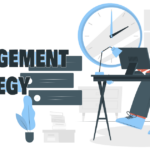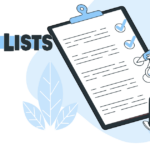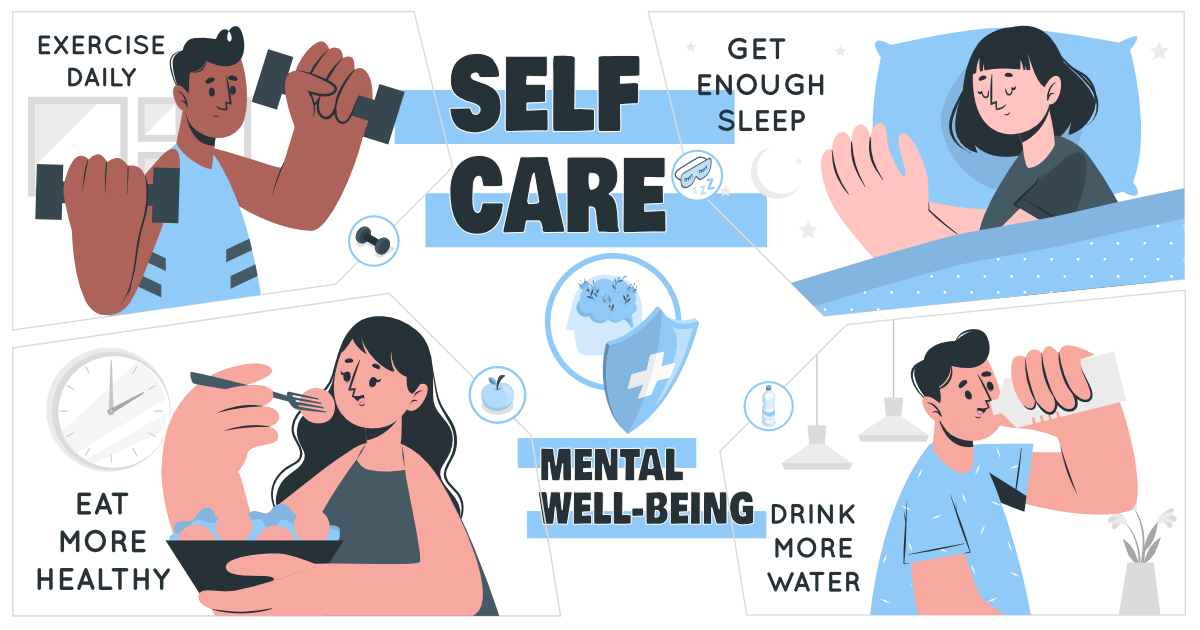Gaining mentorship and guidance from experienced entrepreneurs is an essential aspect of networking and collaboration in the entrepreneurial community. By seeking out and building relationships with individuals who have already achieved success in the field, you can gain valuable insights, advice, and support that can help you navigate the challenges of starting and scaling a business. In this section, we will explore various strategies for finding and working with mentors, including identifying potential mentors, building a mentorship relationship, and making the most of mentorship opportunities.
Identifying potential mentors and reaching out to them
Mentorship is a powerful tool for entrepreneurs looking to grow their business and develop their skills. Finding the right mentor can be a challenging task, but it is well worth the effort. In this article, we will explore the best practices for identifying potential mentors and reaching out to them.
Identifying Potential Mentors
- Network: The first step in identifying potential mentors is to expand your network. Attend industry events, join professional organizations, and connect with other entrepreneurs. The more people you know, the more potential mentors you will have access to.
- Research: Once you have a list of potential mentors, research their backgrounds, careers, and accomplishments. Look for individuals who have experience in your industry and have achieved success in similar roles.
- Ask for referrals: Ask your network for recommendations. They may know someone who would be a great mentor for you.
Reaching Out to Potential Mentors
- Be prepared: Before reaching out to a potential mentor, be sure you have a clear idea of what you hope to gain from the mentorship and how you can help the mentor.
- Personalize your message: When reaching out to potential mentors, personalize your message. Explain why you are reaching out, what you hope to gain from the mentorship, and how you can help the mentor.
- Be respectful of their time: Understand that mentors are busy individuals and may not be able to commit to a mentorship right away.
Best Practices
- Be prepared and know what you want out of mentorship.
- Be respectful of their time and be clear about your expectations.
- Be open-minded and be willing to learn from their experiences.
- Be willing to give back to the mentor, this could be in the form of your time, skill or resources.
Building a mentorship relationship
Mentorship is a crucial aspect of entrepreneurship, as it can provide guidance, advice and support to help entrepreneurs navigate the challenges of building and scaling a business. In this article, we will explore the process of building a mentorship relationship, including tips for identifying potential mentors, reaching out to them, and establishing a successful mentorship relationship.
Identifying potential mentors
The first step in building a mentorship relationship is identifying potential mentors. This can be done by researching successful entrepreneurs in your industry, attending networking events and conferences, and asking for recommendations from colleagues and peers. When identifying potential mentors, it’s important to consider factors such as their experience, skills, and areas of expertise.
Reaching out to potential mentors
Once you have identified potential mentors, the next step is to reach out to them. This can be done by sending an email or LinkedIn message, or by scheduling a call or meeting. When reaching out, it’s important to be clear about your goals and intentions, and to explain how a mentorship relationship would be mutually beneficial.
Establishing a successful mentorship relationship
Once you have established contact with a potential mentor, the next step is to establish a successful mentorship relationship. This can be done by setting clear expectations and goals, regularly communicating and meeting, and actively seeking feedback and advice. It’s also important to be open and honest about your strengths and weaknesses, and to actively work on areas for improvement.
Best practices
- Be clear about your goals and intentions
- Be open and honest about your strengths and weaknesses
- Actively seek feedback and advice
- Regularly communicate and meet with your mentor
- Be prepared to actively work on areas for improvement
Setting goals and expectations for the mentorship
As an entrepreneur, gaining mentorship and guidance from experienced entrepreneurs can be a valuable asset to your business. However, in order for the relationship to be effective, it’s important to set clear goals and expectations for the mentorship. Here are some best practices for setting goals and expectations for your mentorship relationship:
Identify specific areas of need
Before reaching out to potential mentors, it’s important to identify specific areas of your business or personal development where you would like guidance. For example, you may need advice on product development, marketing strategies, or financial management. Being clear about your specific needs will help you find a mentor who is well-suited to your needs and can provide valuable guidance.
Set measurable goals
Once you have identified your specific areas of need, set measurable goals for the mentorship. For example, you may want to increase your sales by a certain percentage, launch a new product, or secure funding from investors. Having measurable goals will help you track your progress and gauge the success of the mentorship.
Communicate your expectations
Before beginning the mentorship, it’s important to communicate your expectations to your mentor. This includes setting a schedule for meetings, agreeing on how often you will communicate, and discussing any other expectations you may have.
Evaluate the progress
Regularly evaluate the progress of the mentorship. This will allow you to adjust your goals and expectations as needed, and ensure that the mentorship is meeting your needs.
Relevant examples
- A young entrepreneur who wants to scale her fashion business reaches out to a successful fashion industry veteran for mentorship. They set a goal to increase her sales by 20% within the next 6 months and have regular check-ins to measure progress and address any challenges that arise.
- A startup founder who wants to improve his public speaking skills sets a goal to give a TED talk within the next year and reaches out to a mentor who is a successful public speaker.
Best practices
- Be specific and clear about your areas of need and goals for the mentorship
- Communicate your expectations and schedule regular check-ins to evaluate progress
- Be open to feedback and be willing to adjust your goals and expectations as needed.
Staying in touch and seeking feedback
Building a mentorship relationship is one thing, but maintaining it is another. Regular communication and feedback are essential to keeping the relationship on track and ensuring that both parties are getting what they need from it. Here are some best practices for staying in touch and seeking feedback in a mentorship relationship.
Set a schedule
Establish a regular time to check in with your mentor, whether it’s weekly, monthly, or something in between. This will help ensure that you stay on top of any issues or concerns that may arise and that you’re making progress towards your goals.
Be proactive
Don’t wait for your mentor to reach out to you. If you have something to share or a question to ask, take the initiative and reach out.
Be open and honest
Share your progress, struggles, and successes with your mentor. They can’t help you if they don’t know what’s going on. And when they give you feedback, take it constructively and be open to the guidance they provide.
Show appreciation
Remember to thank your mentor for their time and support. A small gesture of appreciation, like a thank-you note or a recommendation, can go a long way in maintaining a positive relationship.
Leverage technology
Utilize online tools and platforms to stay in touch and share information. Platforms like email, video conferencing, and project management tools like Asana, Trello, etc can help you stay connected with your mentor and make it easier to share progress and ask for feedback.
Examples
- Mark Zuckerberg and Steve Jobs had a mentor-mentee relationship, where Mark learned a lot about product development and design from Steve.
- Bill Gates and Warren Buffett have a mentorship relationship that has lasted for decades.
Best Practices
- Be respectful of your mentor’s time and availability.
- Don’t be afraid to ask for help or advice.
- Take notes during your meetings and follow up on action items.
- Keep in mind that mentorship is a two-way street and be willing to give back when you can.
Leveraging the mentor’s experience and knowledge to grow your business
One of the most valuable aspects of having a mentor is being able to tap into their wealth of experience and knowledge. A mentor who has been in the industry for a while and has successfully navigated the challenges of starting and growing a business can provide valuable insights and guidance to help you avoid common pitfalls and make informed decisions.
Here are some best practices for leveraging your mentor’s experience and knowledge to grow your business:
- Be specific with your questions. When reaching out to your mentor for advice, make sure to be specific about what you need help with. This will make it easier for your mentor to provide relevant and actionable guidance.
- Be open to feedback. Your mentor will likely have a lot of experience and knowledge to share, so it’s important to be open to feedback and constructive criticism. Even if you don’t agree with everything your mentor says, take it into consideration and try to understand their perspective.
- Take advantage of networking opportunities. Your mentor may have a wide network of contacts in the industry, and they may be able to introduce you to valuable connections that can help you grow your business.
- Learn from their successes and failures. One of the best ways to learn from your mentor is to ask them about their own successes and failures. Ask them what they would do differently if they could go back in time, and try to apply those lessons to your own business.
- Follow their example. Your mentor has likely developed a set of habits and routines that have helped them achieve success. Try to adopt some of these habits and routines in your own business to increase your chances of success.
In summary, a mentor can provide valuable guidance and insights that can help you navigate the challenges of starting and growing a business. By being specific with your questions, being open to feedback, taking advantage of networking opportunities, learning from their successes and failures, following their example and utilizing relevant book resources, you can leverage your mentor’s experience and knowledge to grow your business.
Resources and References
- “The Lean Entrepreneur: How to Accomplish More by Doing Less” by Brant Cooper and Patrick Vlaskovits
- “The Entrepreneur’s Guide to Customer Development: A cheat sheet to The Four Steps to the Epiphany” by Brant Cooper and Patrick Vlaskovits
- “The Mentor’s Guide: Facilitating Effective Learning Relationships” by Lois J. Zachary
- “The Mentor: Leading with Love” by John C. Maxwell
- “The Art of Possibility: Transforming Professional and Personal Life” by Rosamund Stone Zander and Benjamin Zander
- “Mentoring: The TAO of Giving and Receiving Wisdom” by Chungliang Al Huang and Jerry Lynch
- “The Power of Mentorship: How to Find and Work with a Business Mentor” by Chris Haddon













